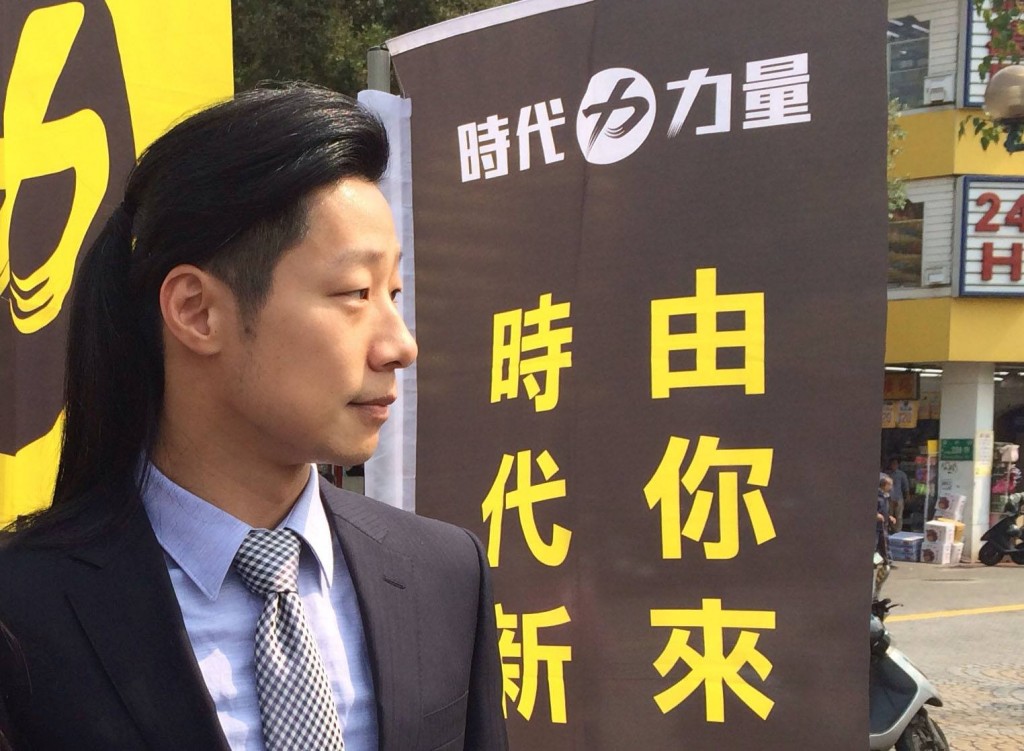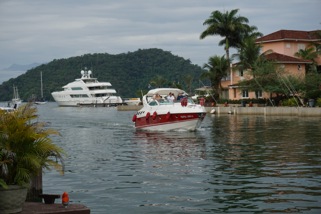This post was contributed by Charles Fogelman, and is part of a series on ‘Rending land investible‘, guest edited by Jenny E Goldstein and Julian S Yates.
Charles Fogelman is a Research Fellow with the Cultures of Law in Global Contexts Project and a Ph.D. candidate with the Department of Geography and GIS at the University of Illinois. He tweets at @charlesfogelman.
The title of this piece comes from a conversation I had with a senior unelected official for the city of Maseru, the capital of Lesotho. As he described the planned sprawling 18-hole golf course in a village on the outskirts of town, I asked him what would happen to the poor people who currently used the land for small-scale agriculture. “The city is no place for poor people!” he told me. His perspective, in direct conflict with discourses of international development, demonstrates a key tension between the objectives of poverty reduction and economic growth.
My dissertation project investigates that tension via the logics and impacts of a major land reform project in Lesotho. My presentation at the AAG meeting in Chicago will focus specifically on the uses of mapping and other technologies in Lesotho’s land reform, while other elements of my work focus on gender and authority. For this piece, however, I want to talk about my project more broadly to investigate what “development” means in the context of Lesotho’s land.
Land Act 2010 is the centerpiece of legislation that sets the rules for land reform in Lesotho. Together with several other laws, the Land Act set out to make land a more legible and exchangeable resource. The biggest element of the law was that it eliminated customary tenure in urban areas and instead mandated leaseholds (de facto titles). As the government minister responsible for the execution of the law phrased it, “The current land reform program in Lesotho is driven by the desire to achieve social growth and development on the one hand and economic growth and development on the other” (Sekatle 2010). The text of Land Act 2010 is nearly identical to its predecessor, but Land Act 1979 failed to successfully disempower customary authorities in land matters.
The reason Land Act 2010 has been successfully implemented is that a $363 million grant from the U.S.’s new development wing, the Millennium Challenge Corporation (MCC), provided the funding to measure, map, adjudicate and deliver the leaseholds that the law requires. In 1979 these expensive logistics were left to individual landholders. Together with wording that removes land allocation power from unelected local chiefs, who were seen as potentially capricious and unsanctionable by their constituents, Land Act 2010 successfully moved urban land tenure to the hands of the market. The goal of making Lesotho’s land an engine of economic growth is consistent with other MCC projects and with the MCC motto – “Poverty reduction through economic growth.” How this market-led land reform works toward economic growth is clear. However, its work toward the goal of poverty reduction is murkier.
The questions I have asked about this reform are rooted in a framework of access. In short, vulnerable people have been granted the right to benefit from their land, but have they been granted the ability to benefit? (Ribot & Peluso 2003). What my work demonstrates is that legal frameworks are necessary but insufficient to provide true land access to vulnerable land users. It is the institutions that govern the execution and application of the laws that are most important. They are the ones who can determine who truly benefits. In Lesotho, the beneficiaries of land reform do not appear to be the poor and vulnerable people said to be targeted by the MCC’s development plans.
That leads to a final point: who are the true beneficiaries of Lesotho’s Land Act 2010 if not the vulnerable people ostensibly targeted? In my research village, two real estate developers are reaping the benefits of secure and exchangeable land tenure. One is building the aforementioned par-71 golf course on half of the village’s former agricultural fields, the other is building a 700-home suburban development on the other half of the fields. Two things are notable about this. First, these developers are empowered by bureaucrats, who are able to influence the votes of the elected officials who are supposed to determine land allocation. The bureaucrats are, like the chiefs before them, unelected officials who can be capricious or corrupt with little ability for public sanction. Second, discourses of “development” that privilege economic growth as the driver of poverty reduction need to be more explicit in how poverty reduction will happen. All the good intentions in the world have not kept economic growth at my research site from trampling on the land access of the poor.
If a development project is to be truly pro-poor, the poor need to truly be at the forefront of planning and execution. These concerns are hardly academic: the MCC is planning a second grant for Lesotho, and their initial plan identifies “Poor land management and allocation systems” as a “binding constraint to economic growth” in Lesotho. A further U.S.-led redefinition of the social relations that govern land access may lie ahead. Poverty reduction and economic growth are very different things. To truly reduce poverty, institutions and development agencies must target reforms and projects that directly help poor people rather than waiting for the fruits of trickle down to accrue to the poor. Trickle down development like Lesotho’s can create a situation where security of land tenure is for golf courses, not the vulnerable, and the city is truly not a place for poor people.




